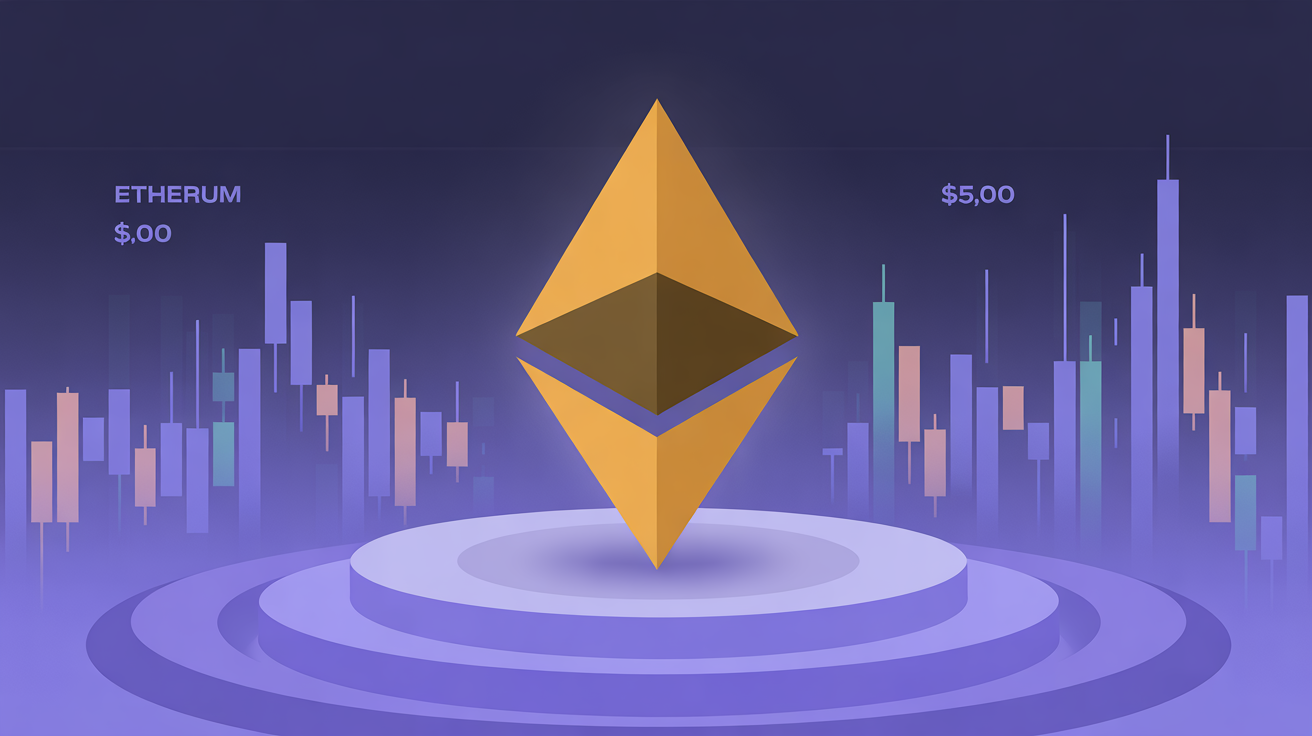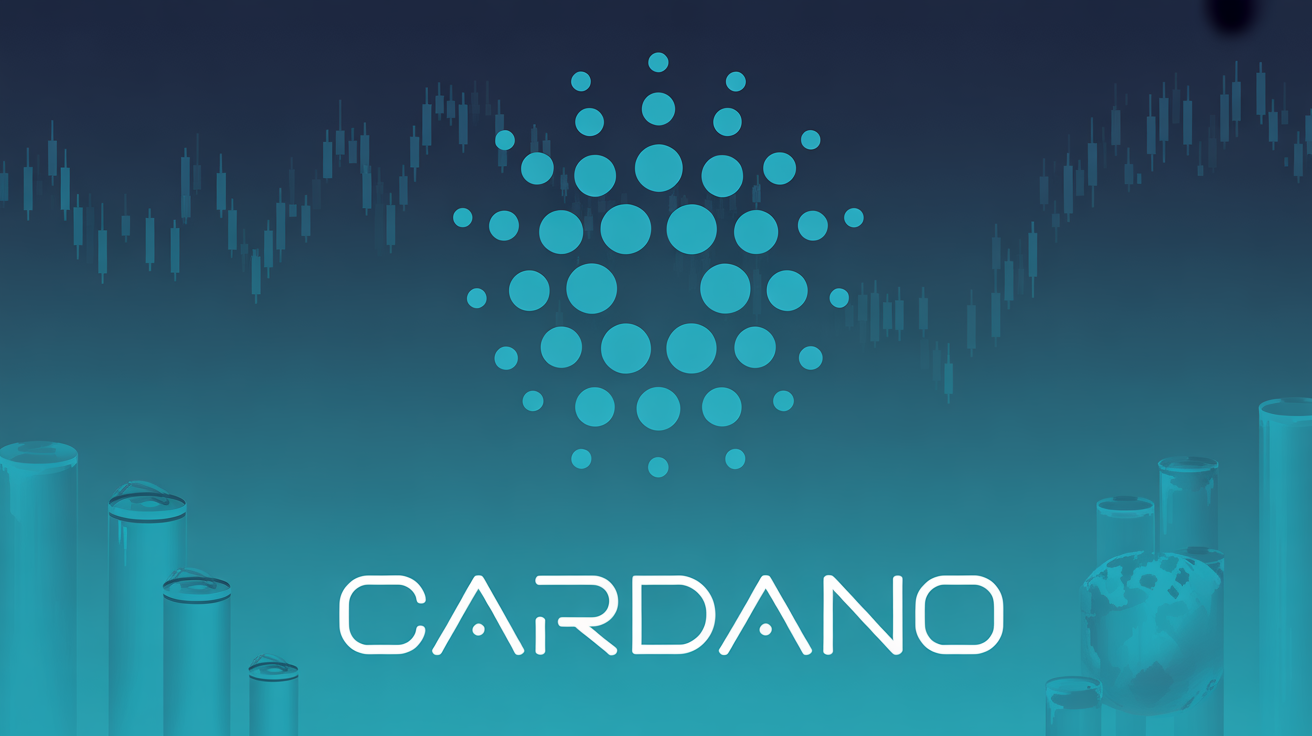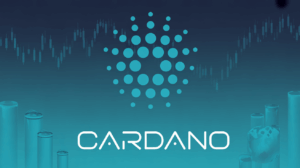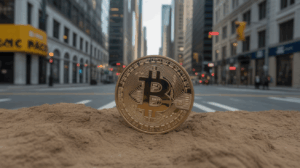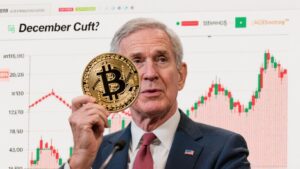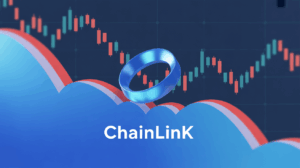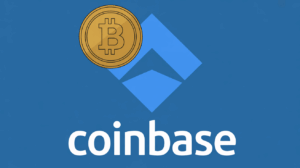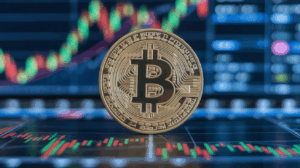Movement Labs and Mantra Scandal Send Ripples Through Crypto Market-Making
The crypto market-making world is undergoing a seismic shift as two major token crises—Movement Labs’ MOVE scandal and Mantra’s OM collapse—expose vulnerabilities in liquidity structures and the fragility of trust.
“These events have fundamentally altered market makers’ approach to collaboration with projects,” said Zahreddine Touag, Woorton’s Head of Trading. “Trust can no longer be assumed; it must be actively engineered through transparency and comprehensive disclosures.”
The sudden crashes in MOVE and OM tokens unearthed hidden token holders, undisclosed unlock schedules, and secret side agreements, blindsiding many traders. OM’s token value plummeted over 90% in mere hours in late April without any obvious trigger.
Unlike traditional finance where market makers focus on providing orderly pricing on regulated exchanges, crypto market makers often play multifaceted roles—they negotiate pre-launch token allocations, manage lockups, provide liquidity to exchanges, and occasionally take equity or advisory roles in projects.
This blending of roles creates a murky environment where liquidity provision becomes entangled with private deals, tokenomics, and insider politics.
An exposé by CoinDesk revealed that Movement Labs insiders allegedly conspired with their market maker to offload $38 million worth of MOVE tokens, further shaking confidence in market-making integrity.
In response, many market-making firms are reassessing their risk management frameworks. The opacity around token unlock schedules and informal handshake deals has raised serious concerns.
“Our strategy now includes detailed upfront discussions with project teams to ensure mutual understanding of market-making dynamics,” said a representative from Metalpha’s market-making arm. “We focus on long-term alignment and have implemented safeguards against market abuses like excessive token dumps and wash trading.”
Legal teams are tightening controls as well. “At B2C2, we’ve enhanced due diligence and crafted enforceable tokenomics agreements with clear penalties for violations,” said Dean Sovolos, Chief Legal Officer at B2C2. “The MOVE and OM scandals highlighted long-standing risks that we are now addressing through stronger contracts and integration of legal and technical protections.”
Some players in the space are demanding higher transparency, while others are opting out of projects with unclear governance or suspect tokenomics.
“Reputation is no longer enough to earn trust,” noted Max Sun, head of Metalpha’s Web3 ecosystem. “We’ve seen established players exploit hidden allocations and engage in harmful selling, signaling the end of the era of assumed trust.”
Complicating matters, a growing secondary OTC market is distorting token supply and price dynamics, as locked tokens are traded off-exchange before their vesting schedules become public.
“The secondary OTC market is a critical factor,” said Min Jung, analyst at Presto Research. “Tokens with unusual price behavior—such as $LAYER, $OM, and $MOVE—are often the ones with active OTC trading, disrupting supply transparency and price discovery.”
In an industry where token supply is negotiated in secret, the greatest risk isn’t just price swings—it’s trusting that circulating supply matches what whitepapers and founders claim.
Share this content:

